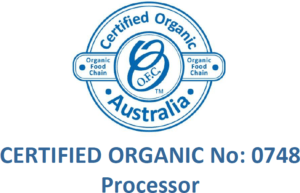With more people than ever opting to eat organic, a common term that’s being used in the media is “organic diet.” While if done right, incorporating organic fruits, vegetables and lean meats into a diet can result in weight loss depending on the person and the person’s lifestyle, eating organic is not actually a diet. Due to this, people can get the false impression that if they start eating organic that they will automatically lose weight. Eating organic is not a diet but the benefits are plentiful whether you’re trying to lose weight or not.
One of the main benefits of eating organic is that there has been nothing synthetic added to the fruits, vegetables or meats that can detract away from the nutritional content, such as the vitamins and minerals. The human body needs these vitamins and minerals to function at its best each and every day, which is why it’s important that meals contain a healthy balance of foods.
Aside from the nutritional benefits of eating organic, organic meats, fruits and vegetables are friendlier to the environment. With organic meats, the animals are not fed food that contains antibiotics and other additives that can then make their way into the ground and even into the water supply. With fruits and vegetables, toxic chemicals are not being used, which once again have the potential to leak into the ground and into the water.
Finally, organic meats, fruits and vegetables not only help keep pollutants out of the ground and out of the water, but eating organic also keeps the toxins out of the body. While being on an “organic diet” is not a true diet in the sense of probable weight loss, eating organic does have numerous benefits to health, wellness, nutritional value, the environment and to farming sustainability.


